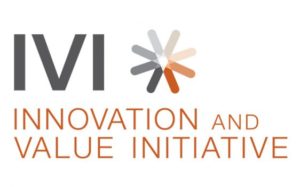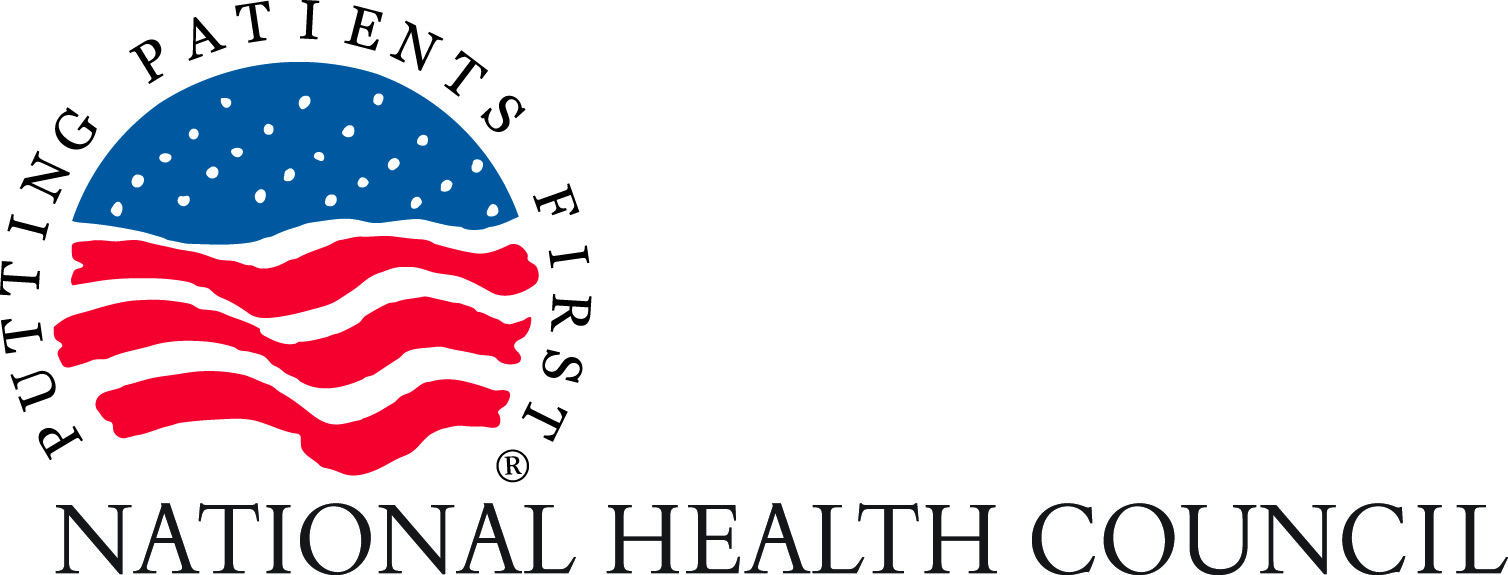
A Dialogue on Value Assessment that Meets the Needs of Patients and Employers
Value assessment (VA) is a process that brings together stakeholders to evaluate the clinical, economic, social, organizational, and ethical issues for a specific health intervention or health technology (such as a drug). Two perspectives often underrepresented in VA are those of patients and employers. Recommendations on conducting VA published independently by the National Health Council (NHC), a coalition representing patients with chronic diseases and disabilities, and the National Alliance of Healthcare Purchaser Coalitions (National Alliance), which represents purchasers including employers, indicates alignment between the two stakeholder groups. Because addressing the information needs of different stakeholders presents a significant challenge to VA bodies, identifying alignment when it exists is useful.
Thus, the NHC, in partnership with the National Alliance, assembled stakeholders from patient, employer, and VA organizations and facilitated two Roundtable dialogues to:
- Explore alignment between patient and employer evidence needs related to value,
- Identify the questions patients and employers want researchers to consider as part of VA for a specific health care treatment or service (e.g., drug, device, surgery), and
- Discuss opportunities for VA approaches to better reflect both patient and employer end-user views, inputs, and needs.
Support
This project was supported by the Innovation and Value Initiative (IVI). The mission of IVI is to advance the science, practice, and use of value assessment in health care to make it more meaningful to those who receive, provide, and pay for care. Principles of the IVI value assessment approach are patient-centricity, transparency, and open-source modeling.

